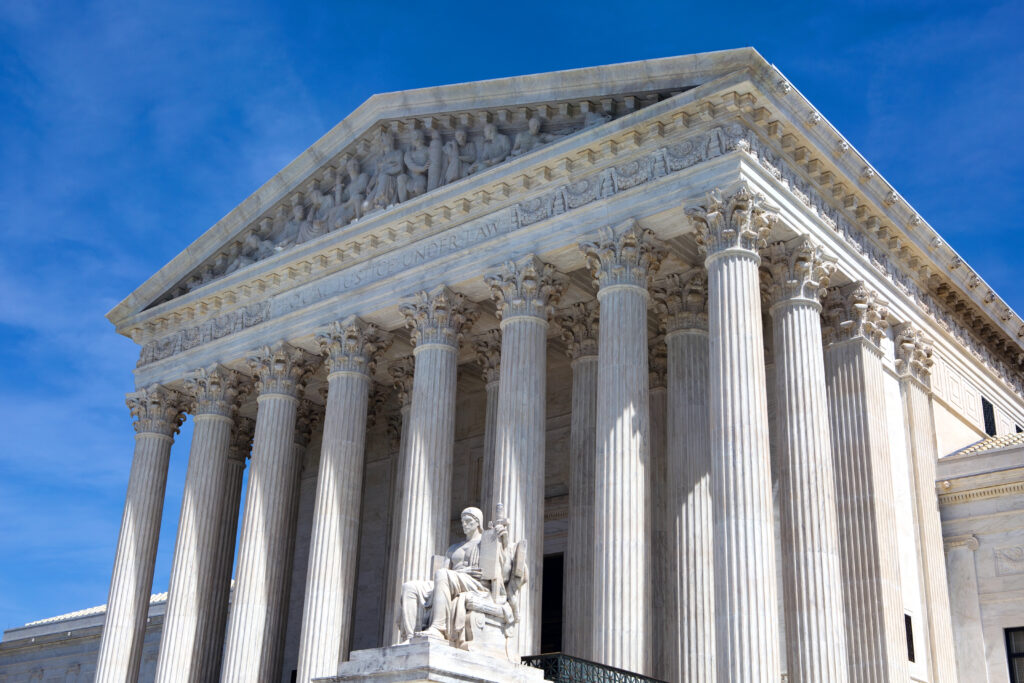Understanding the Role of the Expert Witness in Trial
In Arizona, like many other jurisdictions of the United States, expert witnesses play a crucial role in criminal trials, and their qualifications and testimony are governed by strict legal standards. An “expert witness” is an individual summoned to provide testimony in a trial due to their expertise or proficiency in a field pertinent to the case.
There are strict rules that aim to ensure the reliability and relevance of expert opinions in the context of a case. Here’s a concise overview of key considerations regarding expert witnesses in Arizona criminal trials:
Relevance: Expert testimony must be directly related to the specific issues in the criminal trial. This means that expert opinions should address and shed light on the central questions of the case. The judge assesses the relevance of proposed expert testimony.
Qualifications: To qualify as an expert witness, an individual must possess specialized knowledge, skills, experience, training, or education relevant to the subject matter they intend to testify about. The judge evaluates the qualifications of potential expert witnesses to confirm their expertise.
Expert Opinion: Unlike lay witnesses who can only present facts, expert witnesses provide expert opinions based on their specialized knowledge. For instance, if there is a dispute over construction quality, a qualified contractor may serve as an expert witness to explain why the work was subpar based on their expertise.
Reliability: Expert testimony must meet high standards of reliability. This requires that the methods and principles used by the expert to form their opinions adhere to scientifically valid and widely accepted standards within their field. In some cases, the judge may conduct a Daubert hearing to evaluate the reliability of the expert’s methods and opinions.
Disclosure: Both the prosecution and defense are generally obligated to disclose the identities of their expert witnesses to the opposing party before the trial. This disclosure promotes transparency and fairness in legal proceedings, allowing the opposing party to review the qualifications and opinions of these experts.
Expert Reports: In specific situations, expert witnesses are required to prepare written reports outlining their findings and opinions. These reports are often shared with the opposing party to facilitate a thorough review and examination of the expert’s conclusions.
Types of Expert Witnesses:
- Testifying Experts: These experts provide testimony during the trial and offer opinions and insights based on their specialized knowledge and experience.
- Educating Witnesses: Some experts focus on educating the judge, jury, or both about complex technical or scientific matters relevant to the case to ensure a clear understanding.
- Reporting Witnesses: These experts may prepare written reports detailing their findings and opinions, typically shared with the opposing party for examination.
- Non-testifying Experts: Not all experts who assist in a case testify during the trial; some provide guidance and expertise behind the scenes.
- Vocational Experts: These experts assess vocational abilities and potential employment options, often critical in cases involving disability claims or vocational rehabilitation.
- Engineering Experts: Engineers provide expertise on technical aspects, such as structural integrity, construction quality, or product design.
- Forensic Experts: Forensic experts specialize in the scientific examination of physical evidence to link evidence to specific crimes or circumstances.
- Financial Experts: In cases involving financial matters, such as fraud or embezzlement, financial experts offer insights into complex financial transactions and calculations.
- Securities Experts: In cases related to securities fraud or financial market issues, securities experts provide specialized knowledge on securities laws, market behavior, and investment practices.
Arizona follows the Daubert standard for the admissibility of expert testimony in both criminal and civil cases. This standard emphasizes the reliability and relevance of expert testimony, allowing judges to act as gatekeepers to ensure expert opinions are grounded in sound scientific principles and methods.
The adoption of the Daubert standard in Arizona was influenced by the pivotal case of State v. Superior Court (Lambson), decided in 1986, which laid the groundwork for Arizona’s approach to expert testimony. Subsequent court decisions and evidence rules in the state have further established the Daubert standard as the framework for the admissibility of expert testimony.
Benefitting the Defense
In its pursuit of justice for their clients, Rideout Law Group recognizes the paramount importance of utilizing the most relevant and capable expert witnesses for their cases. This strategic approach ensures that expert testimony aligns with the highest standards of reliability and relevance, ultimately benefiting the defendant by bolstering their defense with the strongest possible expert support.
RIDEOUT LAW GROUP
With offices in Lake Havasu City and Scottsdale, our firm serves the entire state of Arizona, with a particular focus on criminal defense, family law, and juvenile cases.
Our goal is for the best outcome for your criminal case, which can include:
- charges that are reduced or dropped.
- top experts reviewing your case.
- aggressive negotiations with the prosecution for plea bargains.
- fines or probation in lieu of jail time.
At Rideout Law Group, our attorneys are able to expertly examine the evidence in your case to provide a strong strategy for argument that leads to an outcome that is most favorable to you. We have experience in all types of criminal cases for both adults and juveniles, with positive outcomes both in plea negotiations as well as jury trial settings.
Call us today for a free consultation at 480-584-3328.
